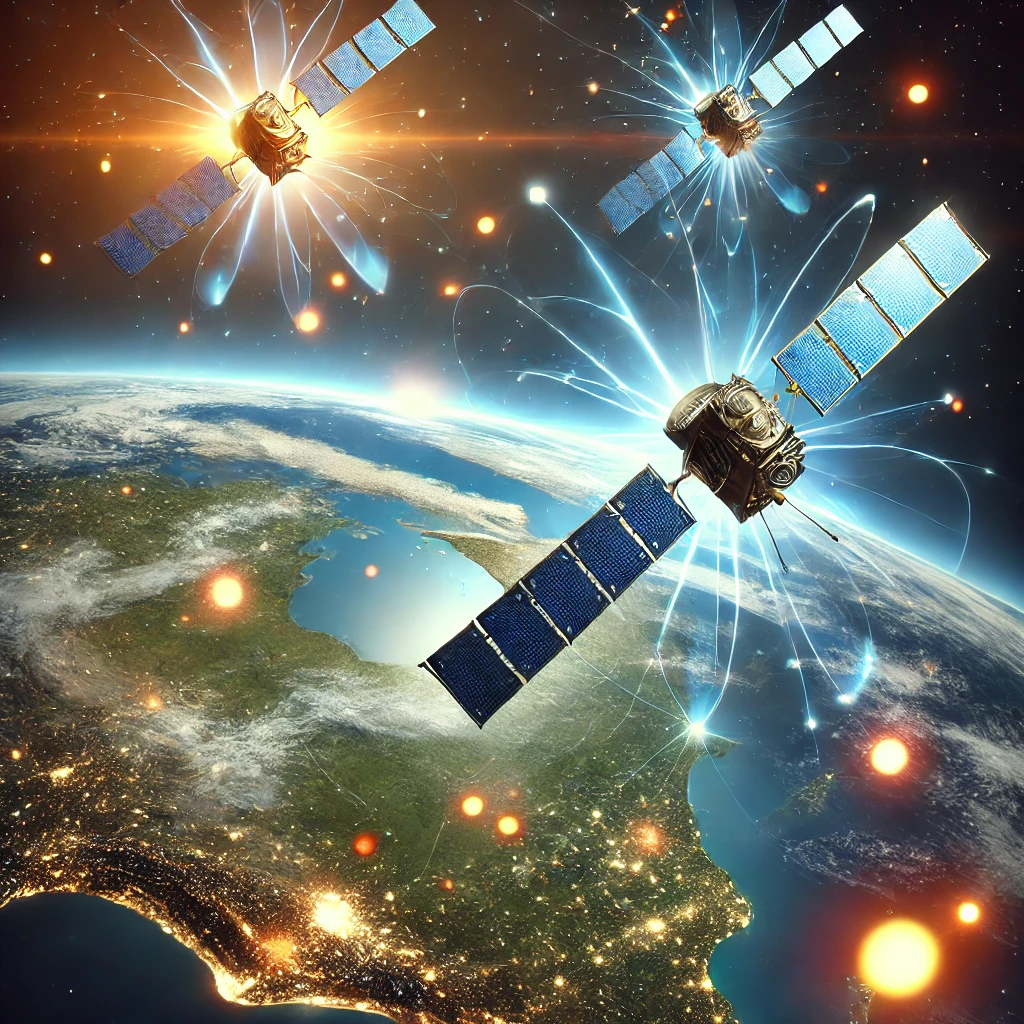Elon Musk’s SpaceX is reportedly in advanced talks with the Italian government over a €1.6 billion ($1.65 billion) agreement to provide encrypted telecommunications services via its Starlink satellite internet system. While the partnership could significantly bolster Italy’s communication capabilities, it has sparked debate over national security, competition, and the growing geopolitical influence of private enterprises like SpaceX.
Starlink’s Expanding Reach
Starlink, a satellite internet service under SpaceX, has rapidly grown its global presence with a network of nearly 7,000 low Earth orbit (LEO) satellites. Operating in over 100 countries, it provides high-speed internet for individuals, businesses, and governments, including military applications. The system has proven indispensable in areas lacking connectivity and during emergencies, most notably in Ukraine, where it supports military communications amidst the ongoing conflict with Russia.

As national governments increasingly seek secure and reliable communication solutions, Starlink’s cutting-edge encrypted services have become a compelling option. Space policy expert Namrata Goswami predicts that such deals could soon become commonplace, given Starlink’s unmatched global coverage and reliability.
Political Controversy in Italy
The potential agreement with Starlink has triggered heated political debate in Italy. Opposition leaders accuse Prime Minister Giorgia Meloni of jeopardizing national security by turning to a foreign company for sensitive telecommunications. Critics argue that relying on a private entity—especially one led by Musk, who is known for his political interventions—could expose Italy to undue influence and risks.
Meloni, however, has dismissed allegations that her recent meeting with former U.S. President Donald Trump included discussions about the deal, calling such claims “completely unfounded.”
EU Concerns Over Sovereignty
Italy’s possible partnership with SpaceX also raises questions about its alignment with the European Union’s space initiatives. The EU has recently launched its IRIS² satellite program, aiming to deploy 260 satellites by 2030 to provide secure and sovereign communication for member states.
While the EU has no rules prohibiting member nations from utilizing private satellite services like Starlink, the European Commission has emphasized the importance of sovereign infrastructure. A spokesperson highlighted Italy’s significant role in the IRIS² project, including plans to host one of its control centers, but acknowledged Italy’s right to independently pursue agreements with external providers.
Geopolitical Implications of Starlink’s Dominance
Musk’s expanding influence in the satellite industry has sparked broader concerns about geopolitical stability. SpaceX’s innovative use of reusable rockets has significantly reduced launch costs, propelling the company ahead of its competitors. If Musk’s Starship program—a massive reusable rocket with heavy-lift capabilities—proves successful, SpaceX’s dominance in the sector could grow even further.
However, Goswami warns that Musk’s control over Starlink’s global operations could pose risks. She highlights the potential for Musk to restrict services to governments or militaries if he disagrees with their policies, raising questions about the impartiality of private satellite providers in critical situations. Such concerns have prompted calls for safeguards to ensure satellite services remain unbiased and reliable.
Rising Competition
While SpaceX leads the satellite industry, other nations are working to develop competitive alternatives. China and India, in particular, are advancing their own satellite systems, which could offer cost-effective and customized solutions for nations seeking to reduce reliance on Western technology. Goswami suggests that these emerging competitors may eventually provide viable options, especially for developing countries.
Implications for the Future
The negotiations between Italy and Starlink highlight a larger trend: the growing involvement of private companies in national infrastructure. While such partnerships promise technological advancement, they also raise complex questions about sovereignty, security, and the balance of power between governments and private entities.
As Italy deliberates the potential benefits and risks of the deal, the outcome could set a precedent for future collaborations between governments and private satellite providers, with implications extending far beyond its borders.



